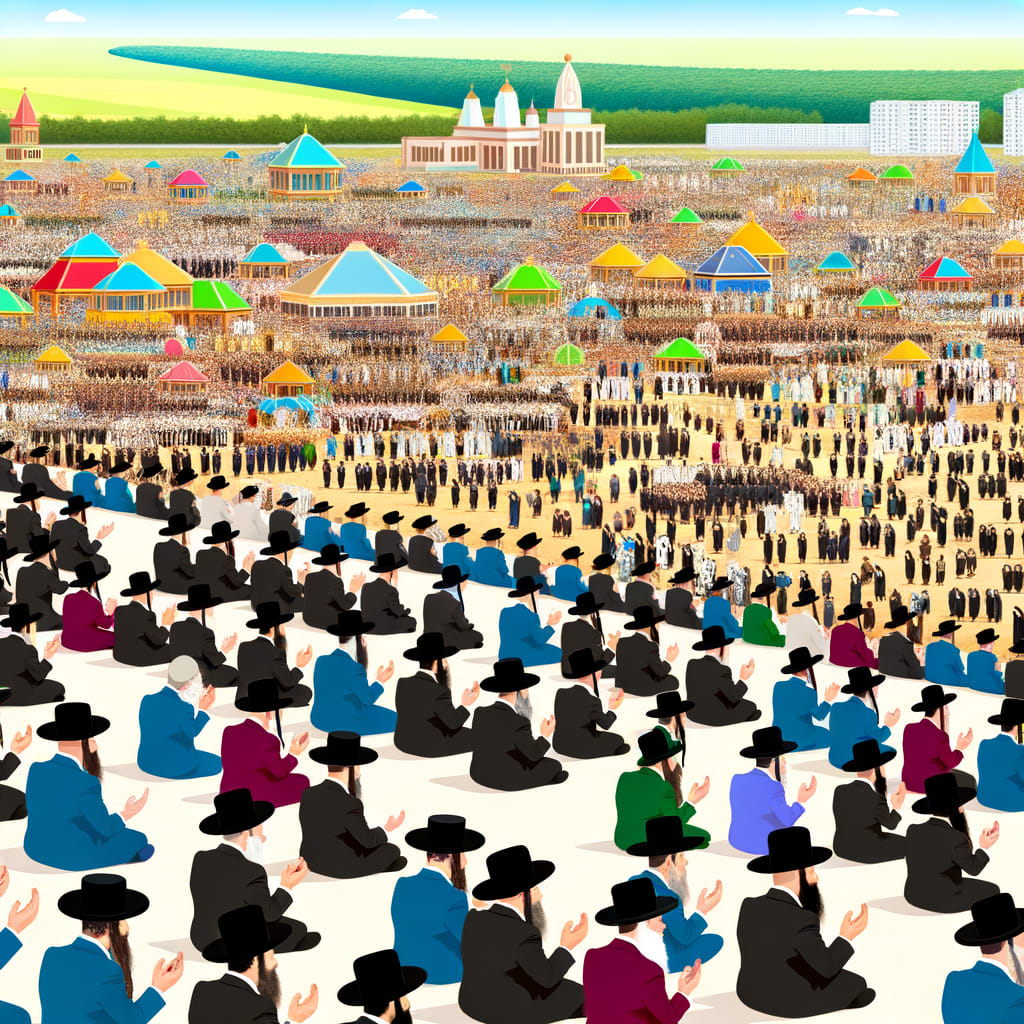Tens of Thousands Protest Against Mandatory Military Service in Israel
In a massive display of unity, hundreds of thousands of ultra-Orthodox Haredi Jews flooded West Jerusalem, Israel, on October 30, 2025, protesting against mandatory military service and the arrest of draft dodgers. The protest, described as one of the largest religious demonstrations in the country's history, brought West Jerusalem to a standstill and sparked clashes with police.
Background and Context
The protest was organized by Haredi rabbis and Torah student councils as a response to what they described as an attack on the identity of religious society and an infringement on the freedom to study religion,
according to Israel’s public broadcaster KAN. This demonstration follows a long-standing exemption that allows ultra-Orthodox men who study full-time in religious seminaries to avoid military service — a policy that many Israelis view as deeply unfair.
Key Developments
The demonstration, dubbed the March of the Million,
saw a rare show of unity from all ultra-Orthodox factions but was marred by the death of a 20-year-old man, Menachem Mendel Litzman, who fell from a construction site. While police are investigating the incident as a possible suicide, this tragic event brought an abrupt end to the proceedings.
Participants in the protest voiced their strong opposition to conscription into the Israel Defense Forces (IDF). Yehuda Hirsch, a 20-year-old participant, was quoted as saying, “We will not enlist in the army under any circumstances.” Others echoed this sentiment, insisting that Torah study must come first and that the IDF does not need them.
Clashes and Reactions
The demonstration was not without conflict. At times, the protest turned violent as officers moved to clear blocked highways and restore order. Dozens of injuries were reported, and a police officer was wounded by stones thrown by demonstrators. In the aftermath of the protest, hundreds of ultra-Orthodox men clashed with police, resulting in further injuries.
The protest also sparked controversy over the use of certain symbols. The Hostages Forum, an organization advocating for the release of Israeli hostages, threatened legal action against the Ateret Shlomo yeshiva for spoofing their Bring them home
posters to demand the release of a yeshiva student arrested for dodging the IDF draft.
Current Status and Implications
The protest has put the issue of Haredi conscription at the forefront of public debate in Israel. The Haredi community's strong opposition to mandatory military service has put increasing political pressure on the government of Prime Minister Benjamin Netanyahu, who has long promised a law guaranteeing their right to avoid military service.
As of now, the situation remains unresolved. The protest has ended, but the issues it raised continue to reverberate in Israeli society. The debate over mandatory military service for Haredi men, the treatment of draft dodgers, and the role of religion in Israeli society is unlikely to abate soon.

